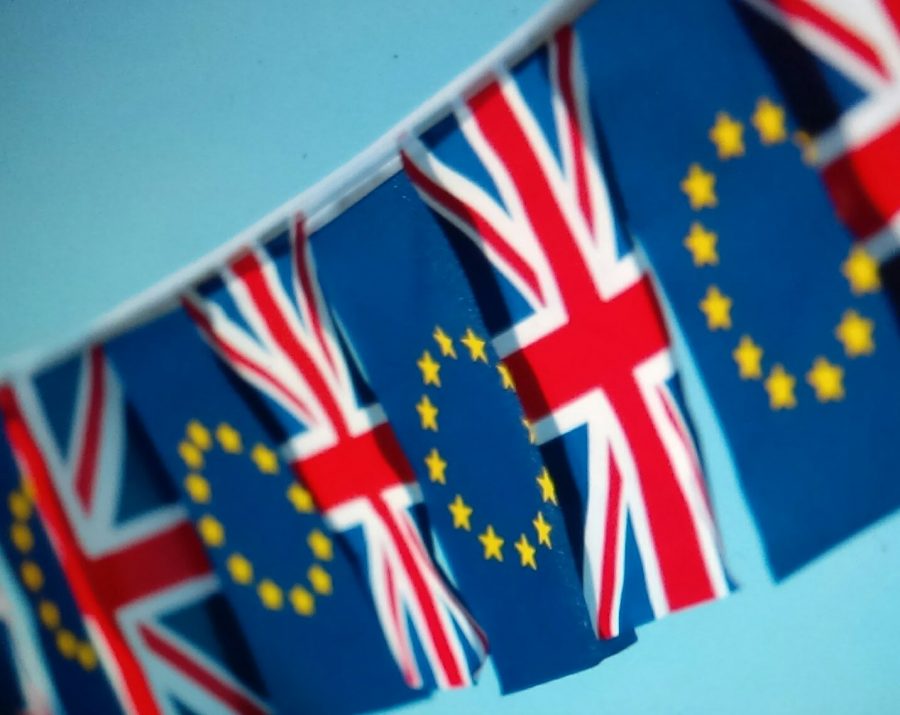Britain Says Farewell to the European Union
Most students at Arrowhead, and other high school students in general, are well aware of the political and economical ties of the European nations. Arrowhead students are taught about the European Union (EU), the cause of its existence, and its purpose in their U.S History class.
However, Great Britain’s referendum on June 23, 2016 to departure from the Union, commonly known as the Brexit, has not only challenged the teachings of Social Studies teachers, but has also changed the course of European history from here on out.
According to europa.edu, the EU was officially formed on November 1, 1993 with the Maastricht Treaty. Even so, the idea and efforts of unifying the diverse countries of Europe had been in effect since 1945 in response to World War II, starting with connecting the coal and steel industries.
For decades, the EU had been effective in keeping peace within Europe, and connecting the nations politically and economically. Now with the Brexit, a nation is breaking apart from the Union for the first time since the official and unofficial formation of the European Union.
So ultimately, what caused the Brexit, and how does it affect the U.S?
According to vox.com, one of the primary reasons for Britain’s departure from the EU was anger due to the large influx of foreigners moving into Great Britain. Many poor immigrants from other European countries moved to Great Britain in search of work, and competed with native-born citizens for jobs.
Also, vox.com states that the EU’s antidemocratic structure conflicted with many of the more liberal British who believe that too much power was being alloted to the elites. As a result, the liberals were not able to benefit or make changes they wished to see.
According to Theodore R. Bromund, an an expert on Britain and the EU who shared his opinions with the Daily Caller, the U.S has nothing to fear in regards to the Brexit. He claims that there are economic benefits of the Brexit for both Britain and America.
Bromund says, “We certainly believe that there are tremendous advantages in a U.S-U.K free trade area…”
However, some Americans are concerned about Brexit’s impact on the U.S.
Rising junior Molly Teske says, “The scary part is that it seems to parallel to what’s going on here in America, and hopefully that’ll be a wake up call.”
Teske compares the similarities between Great Britain’s reactions towards immigration to America’s reactions. She also claims that their are also similarities between the two nations in that voting citizens aren’t completely informed on an issue prior to their voting.
She says, “If you look it up online, one of the top searches became something like, ‘what would happen if we left the EU?’ after the voting polls closed. So we can reasonably assume that the people who voted didn’t completely know all the facts.”

